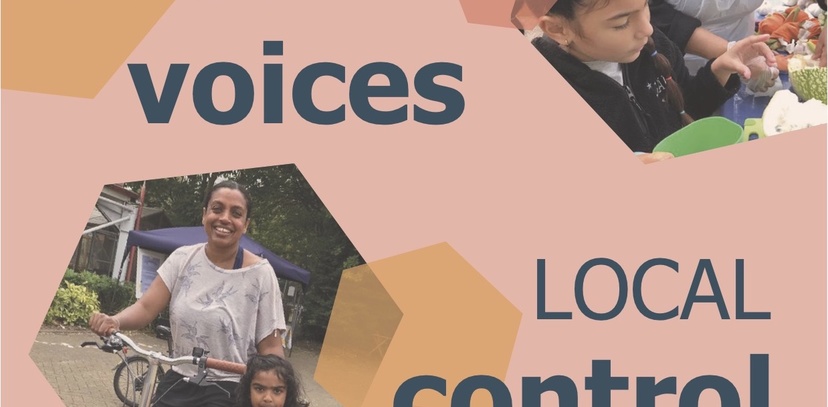
Our first report for the People's Health Trust explores the impact of participation in their Local Conversations and Active Communities programmes. Building on People’s Health Trust’s theory of change, the research examines the role of the two programmes in addressing the social determinants of health and improving health equity.
The people we surveyed reported positive impacts on confidence, skills, social networks and social connectedness. They also described overall a positive impact on collective action and community power.
Our approach uses a place-based approach to answer three interrelated questions:
In this work we are using more quantitative approaches than we usually do when thinking about community-based interventions. The prevailing thinking (which mirrors our experience) is that the complexity of community and place-based working is best understood using a mixture of research approaches, including in-depth qualitative methods. The People's Health Trust recognised this but wanted to see whether a more structured survey-based approach could be used as the main way to assess impact. This is a new way of working for us, and we have needed to be flexible and creative in reaching participants who may struggle completing written surveys in English.
The summary report covers the findings from the first wave of research. Data gathering took place between April and July 2021 against the complicated background of the COVID-19 pandemic, and its social and economic impacts. Practitioners completed 107 questionnaires and took part in 28 in-depth interviews. 540 questionnaires were completed by project participants. On- and offline surveys were used - hard copies were posted to projects to be used with people who could not fill out the online survey because they could not access the internet or digital devices or had limited internet skills, or because of language and communiction issues.
Data from the first wave provides a preliminary insight into the impact of the two programmes. Our report summarises the ways in which community-led projects build social connections and collective control to improve health and wellbeing. It also reviews shorter-term changes brought about by taking part in the programmes, and a range of issues related to community power and the impact on longer-term health equity changes. A report of the findings from the second wave of research will be available soon. A final report in early 2023 will bring together the results of all three waves.
We would like to thank the project participants and practitioners who shared their knowledge, hopes and worries with us. We appreciate their expertise and the time they put into this work and hope the report will be useful in their work.